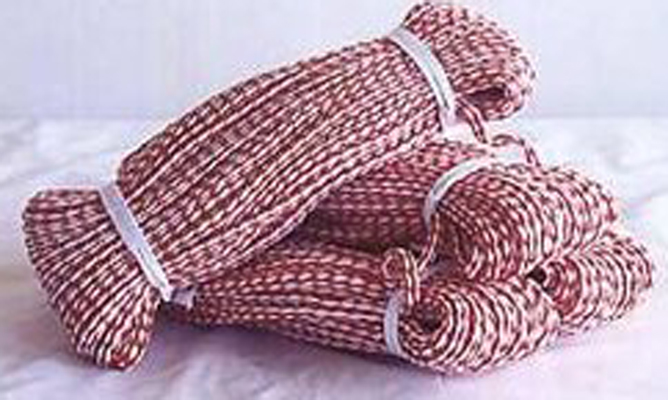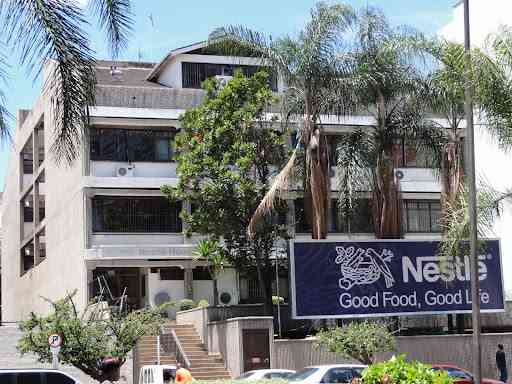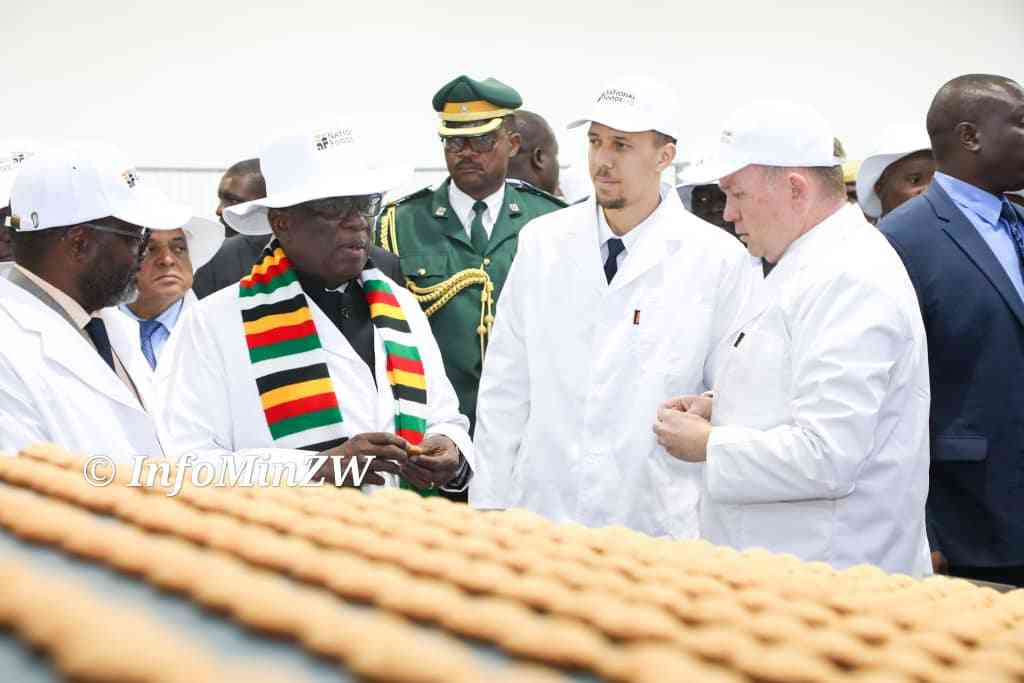
Tanzi Zimbabwe (Private) Limited says it could lose hundreds of thousands of dollars from imports of cheap, but poor quality products from South Africa, a company executive has said, as the textile sector reels from inferior products.
BY TATIRA ZWINOIRA
Speaking to NewsDay, Tanzi chief executive officer Derek Beauchamp said that his company had an annual turnover of $8 million and has capacity to push that by 50% in the absence of cheap imports.
“With the current arrangement we could lose hundreds of thousands of dollars annually. We support the cotton beneficiation value chain and are seeking to get some tariff protection, import licences put on this (imports),” Beauchamp said.
“We have the capacity to not only service the Zimbabwean market, but the entire region. We can make 1,2 million kg (twine) a year, but are currently at 500 000.”
Tanzi Zimbabwe specialises in netting, twine, candle wick, string, yarn and ropes.
Overall, imports for the first quarter were reported to be at $1, 6 billion, a figure set to increase by year end to almost $3 billion.
“We currently contribute around $1 million to the fiscus in terms of taxes and utilities, but at full capacity this would be around $1,75 million per annum,” Beauchamp said.
- Chamisa under fire over US$120K donation
- Mavhunga puts DeMbare into Chibuku quarterfinals
- Pension funds bet on Cabora Bassa oilfields
- Councils defy govt fire tender directive
Keep Reading
Established in 2009, Tanzi Zimbabwe is registered and domiciled in Zimbabwe, with its head office based in Southerton, Harare, and branches in Msasa and Bulawayo.
Tanzi was established as a marketing body to support the sales and marketing of two companies — Nets and Ropes (Pvt) Limited and Twine and Cordage — with which it has formed strategic alliances.
“We need to maintain our quality of product therefore competing against inferior cheaper product is difficult since we have large overheads to sustain in the form of 160 factory staff,” Beauchamp said.
“Import licences and increased tariffs need to be introduced in order to secure these jobs. In the event it never happens the company will have no option, but start downsizing.”
He said that his company mainly supplies the tobacco market which has increased in Zimbabwe giving rise to more interest from local traders and South African traders to try and tap into the market with cheaper or inferior products.
“Since we have the capacity as stated above there is no reason why we cannot service our markets in Zimbabwe and regionally,” Beauchamp said.
Last week, players in the textile sector told the Parliamentary Portfolio Committee on on Industry and Commerce that the sector was under threat from the influx of cheap products from China. The findings of the committee would be tabled before Parliament.











